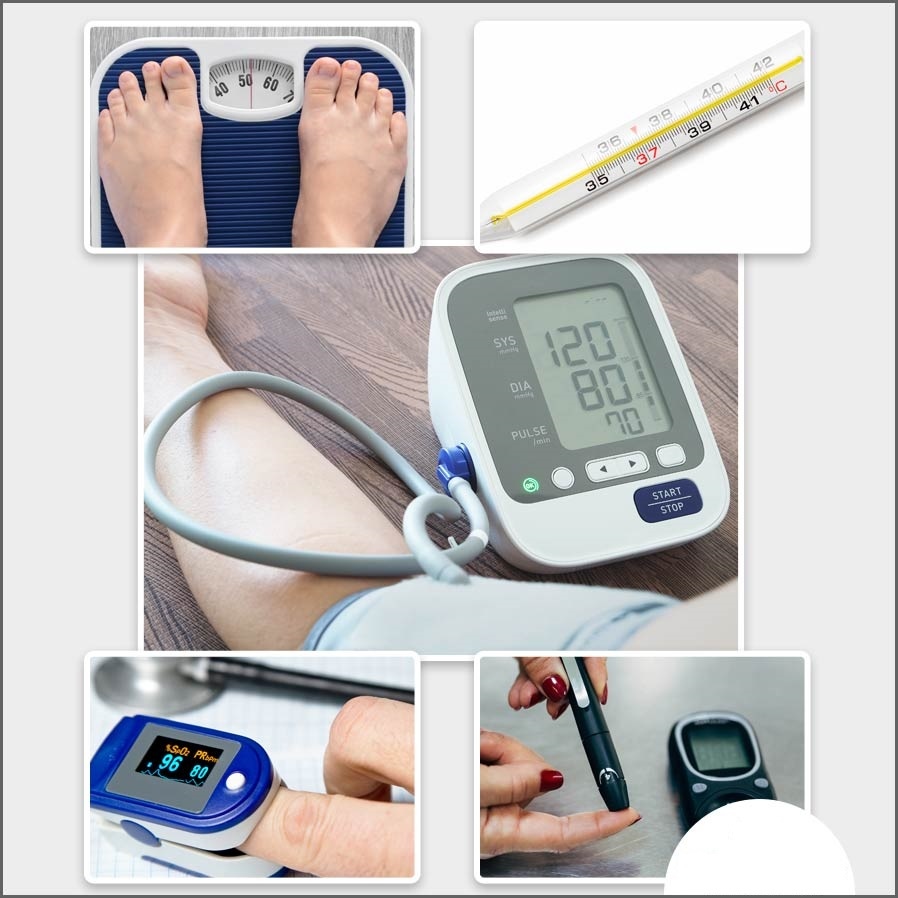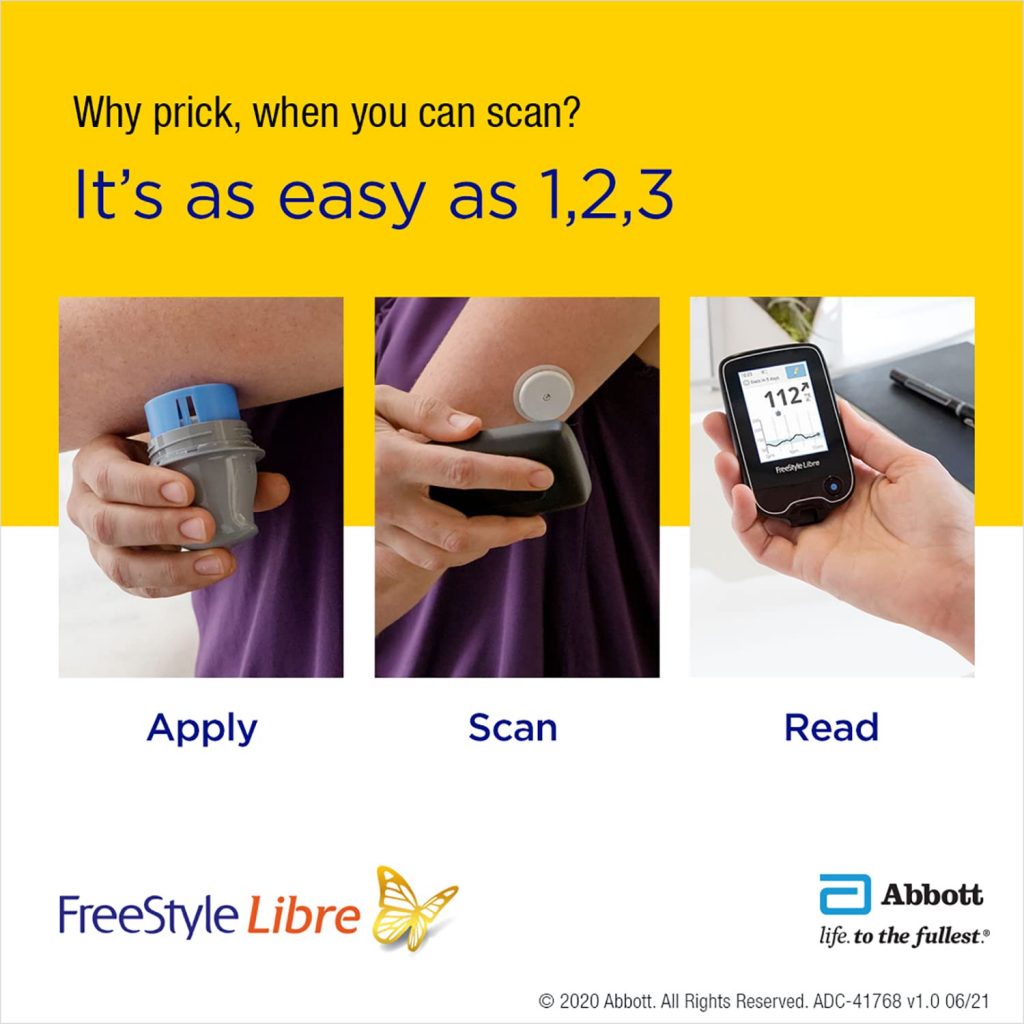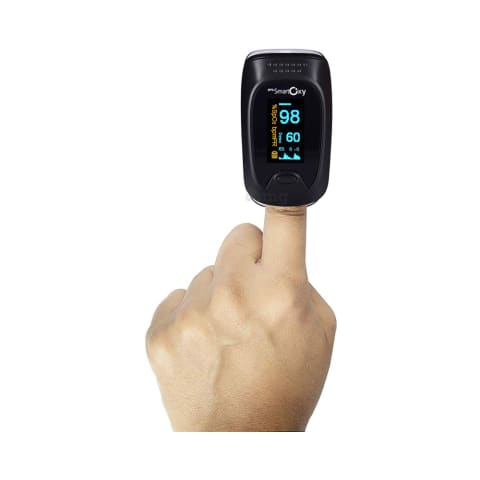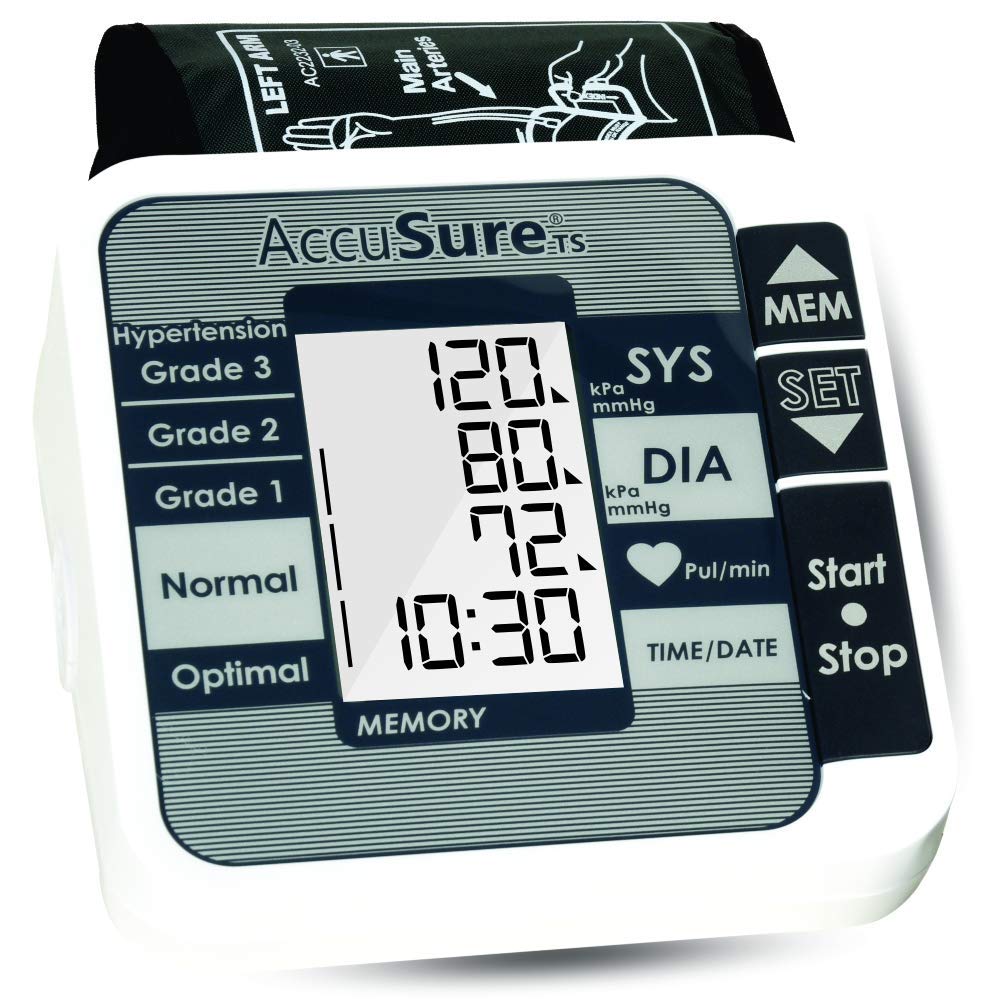Daily home use medical devices
What is a device for home use?
A medical gadget designed for users at home is one that is used outside of a setting where professionals provide healthcare. This covers equipment designed to be used in both homes and institutional healthcare settings.
A patient (care receiver), caregiver, and family member who directly utilizes the equipment or helps another person use it is referred to as a user.
A competent healthcare practitioner is a licensed or non-licensed health professional who has expert knowledge of how to use the equipment and relevant experience, enabling them to assist or train patients and caregivers in its usage and upkeep.
Five Essential Medical Devices for Your Family’s Overall Health:
- Blood glycogen monitors: People who have been given a type 2 diabetes diagnosis or who are showing signs of prediabetes must regularly check their blood glucose levels. Using a device called a blood glucose monitor, is a simple task that may be completed at home.
In this way, diabetic patients can quickly inform their doctor of any drastic changes in blood glucose levels so that appropriate medical treatment can be provided right away.
- Pulse oximeters: This device measures the blood’s oxygen content because all of the body’s organs need blood cells to carry enough oxygen to them in order for them to function normally. Hypoxemia is the outcome of low blood oxygen levels, which may lead to the failure of important organs including the brain and heart.
The pulse oximeter is useful in these situations to ensure that the injured individual receives timely medical attention.
- Blood Bp Monitors: Patients with high blood pressure (hypertension) or low blood pressure (hypotension) are recommended to regularly monitor their blood pressure and report any changes to their physicians. Additionally, it aids in determining the precise impact of prescription drugs on a person’s blood pressure standardization.
A person’s typical blood pressure ranges from 110/70 to 120/80.
- Pedometers & Weighing Scales: A pedometer is a basic device that shows how many steps you have taken and how many calories you have burned. Your body weight is measured by a scale, which is highly helpful because rapid changes in mass might indicate serious underlying disorders like thyroid issues or abnormal lipid metabolism. A BMI (Body Mass) of 18.5 to 24.9 indicates a healthy body weight.
-
- Thermometers: This fundamental appliance is crucial in every home, especially during the monsoon or winter, whenever there is a fever, cold, and flu epidemic. The thermometer can show whether the body temp is greater or lower than usual, allowing doctors to choose the best course of treatment and ensuring a quick recovery. The body’s usual temperature is between 360°F and 37.50°C, or 970°F and 990°F.
A medical gadget that is intended for home usage is something that is utilized away from the office. A patient, caretaker, or member of the family who uses these gadgets directly is able to do so. Low oxygen levels result in hypoxemia, which can cause vital organs like the heart and brain to fail. The measurement system is helpful in these circumstances to guarantee that the wounded person receives prompt medical care. A pedometer displays the number of steps you’ve walked as well as the number of calories you’ve burned.

 In this way, diabetic patients can quickly inform their doctor of any drastic changes in blood glucose levels so that appropriate medical treatment can be provided right away.
In this way, diabetic patients can quickly inform their doctor of any drastic changes in blood glucose levels so that appropriate medical treatment can be provided right away. The
The  A person’s typical blood pressure ranges from 110/70 to 120/80.
A person’s typical blood pressure ranges from 110/70 to 120/80.